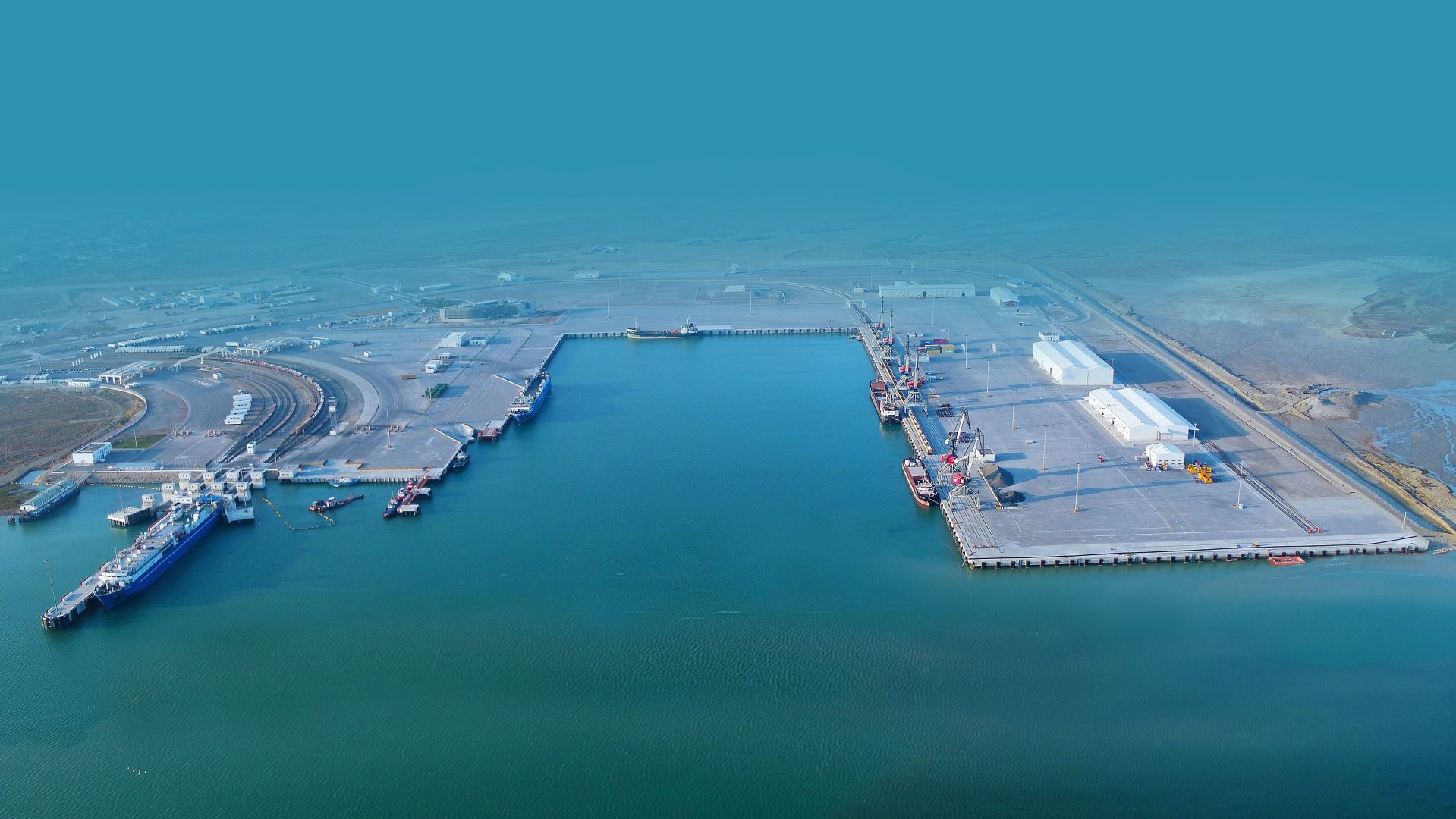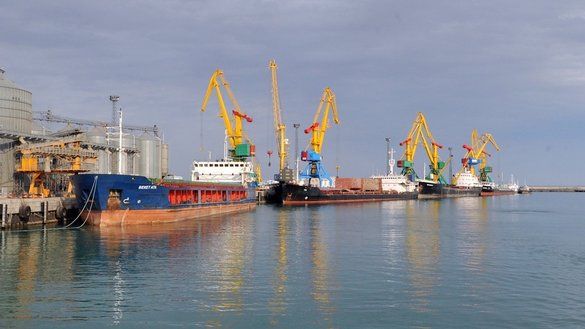In a pivotal move to strengthen ties between the European Union (EU) and Central Asia, the European Commission and the European Investment Bank have announced a substantial investment of 1.5 billion euros in strategic transport infrastructure facilities for the region. This initiative, revealed during the Global Gateway transport investment forum in Brussels, is set to create a transformative transport corridor connecting Europe and Central Asia within 15 days. The ambitious plan, outlined by Executive Vice President Valdis Dombrovskis, aligns with the broader EU strategy to bridge investment gaps globally, emphasizing smart, clean, and secure connections across digital, energy, and transport sectors.
Regarding this topic, Rauf Agamirzayev, an expert in the field, gave his comments to Azernews and highlighted the significance of this initiative. He noted the European Investment Bank's proposed 1.5 billion euro investment in Central Asian transport infrastructure, acknowledging the potential for increased cargo flow.
“The European Investment Bank of the European Commission is proposing an initial investment package worth 1.5 billion euros for the transport infrastructure of the Central Asian countries within the framework of the Global Gateway project, which will help diversify the trans-Caspian transport route and transfer more cargo. Currently, only Central Asian countries are planned in this investment project, but we know that all this flow is coming to Azerbaijan,” he noted.
The expert mentioned Azerbaijan's significant strides in transport infrastructure, emphasizing the ongoing completion of the east-west corridor highway and railway modernization. The expert underscores Azerbaijan's efforts in diversification, including the construction of the Horadiz Agbend railway project and the Horadiz Jabrayil Agbend highway in liberated lands, reducing risks associated with the Middle Corridor.
“We know that during these years, Azerbaijan has made serious investments in transport infrastructure, the highway is being completed along the east-west corridor of the country, and the railway is being modernized. Switching to alternating current is provided up to half of the route. These works continue from Ujar to Baku. Also, work is being done in the direction of diversification, and the construction of the Horadiz Agbend railway project and the Horadiz Jabrayil Agbend highway in the liberated lands will minimize the risks of the Middle Corridor and make it possible to attract more cargo flow to itself. In Azerbaijan, the second phase of Alat port is also planned for this year. The work done in the territory of Georgia is also important in this sense, but still many works are expected to be completed this year,” expert noted.

Agamirzayev outlines the importance of synchronization and integration of general processes in the region. He points out the need for increased cargo ships in both the Caspian and Black Sea basins, emphasizing the role of these factors in influencing the overall flow. Additionally, he anticipates the second phase of Alat port in Azerbaijan, planned for the current year, further enhancing the transport infrastructure.
“The missing elements that will ensure the exit of this corridor in different directions of the mentioned countries, I think that increasing the number of additional cargo ships both in the Caspian basin and in the Black Sea basin are issues of synchronization and integration of general processes, which will affect the overall flow,” he said, while informing about potential challenges.
The expert delved into the varying capabilities of different countries involved in the project. While countries like Kazakhstan and Azerbaijan are actively progressing, Agamirzayev noted Georgia's ongoing efforts, emphasizing the need for completion to match the cargo flow potential. He anticipated infrastructure projects meeting the demand for increased loads and mentioned the forthcoming foundation laying of the Anaklia Deep Sea Port Project, which is expected to have a capacity of one million TEU containers and 100 million tons of cargo.

“The first-stage implementation of the aforementioned projects will rely on the capacities of various nations. While Georgia is not yet at the same level as its potential for cargo flow, other nations, like Kazakhstan and Azerbaijan, are actively working on numerous projects. However, if all of the work is completed we can get —up to 10 million tons at first—I believe that this amount may be considerably higher. We will also see the completion of infrastructure projects within the scope of new projects that are following the increased load, which will fulfill the need for this increased load. The Anaklia Deep Sea Port Project is anticipated to break ground in March or April of this year. We are discussing a port that can handle one million TEU containers carrying one hundred million tons of goods,” he noted.
In conclusion, the strategic investments and collaborative efforts outlined in the Global Gateway project signify a crucial step towards transforming the Trans-Caspian Transport Corridor into a cutting-edge, efficient route that fosters economic connectivity between Europe and Central Asia. The expert insights of Rauf Agamirzayev provide valuable perspectives on the ongoing developments, underscoring the potential impact on the region's transport infrastructure and trade dynamics.